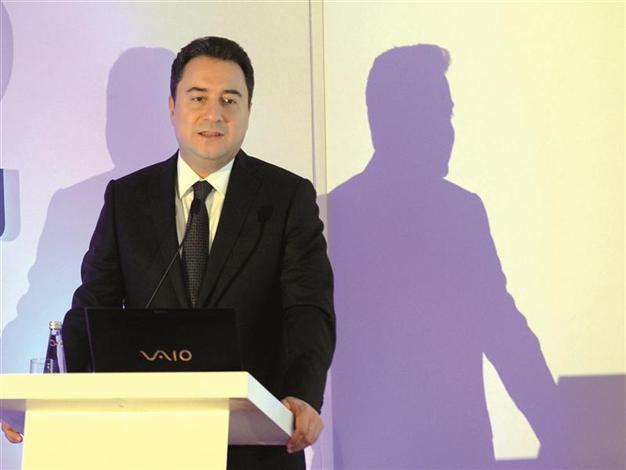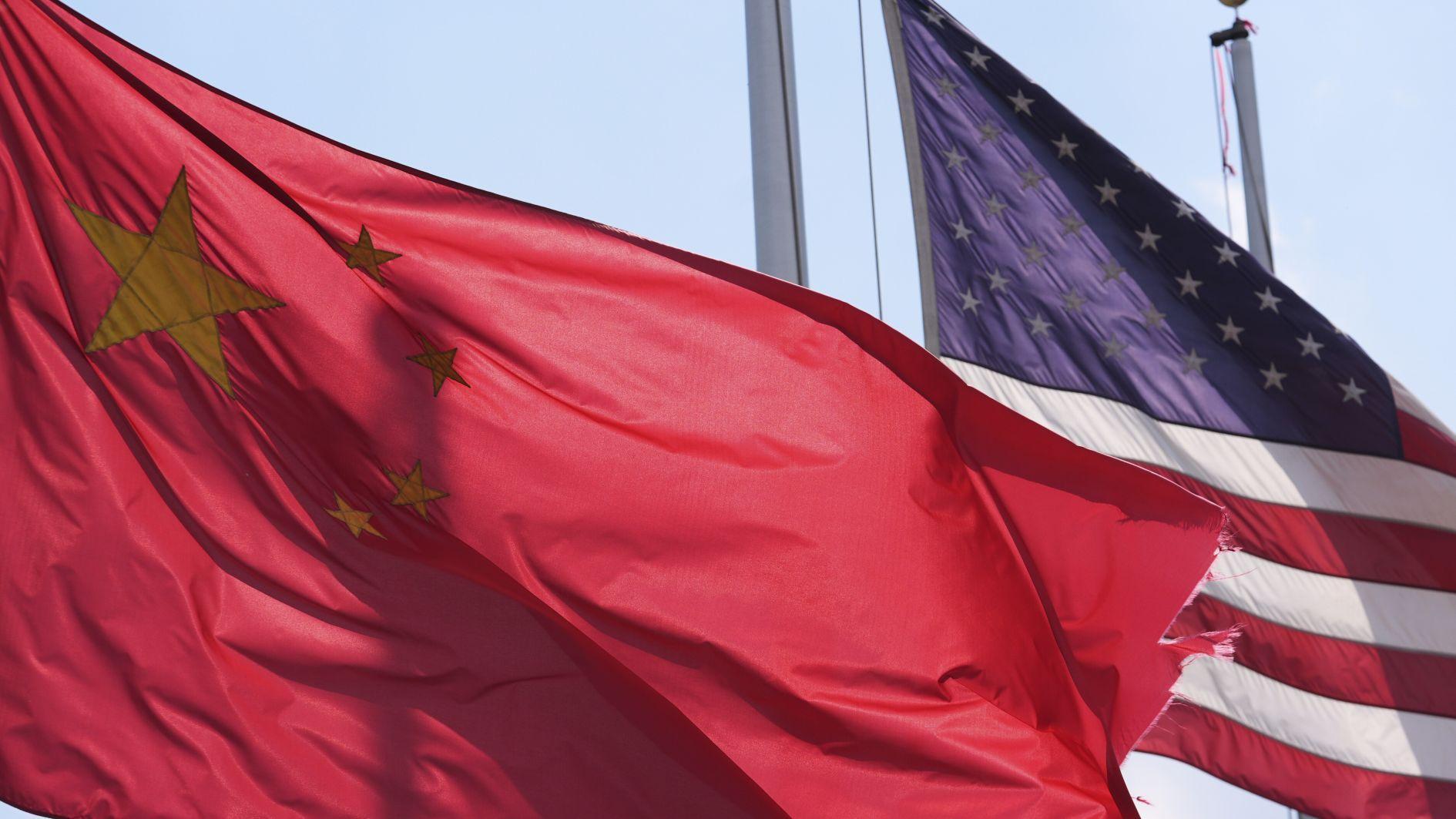No extra tax on rich, Turkish deputy PM says
DAVOS, Switzerland

AA photo
Turkey has observed the negative side to levying more taxes on the rich in France and is not planning any shift in rates, but will only implement more inspections, Deputy Prime Minister Ali Babacan said in Davos yesterday.“There is still an unregistered economy. We will take better measures to find out those who earn well but do not pay taxes. The new regulations will facilitate the discovery of those who are engaged in the unregistered economy,” Babacan said during an interview with a Turkish broadcaster on the sidelines of the World Economic Forum meetings in the Swiss town.
“We will by no means change the taxing rates in a bid to collect more from the ones with higher income or ones with more assets. We have seen the negative side [effects] of this in France,” he said, referring to a French move to tax the upper class more that resulted in a capital flow from the country.
The rich tax debate was heated up by Finance Minister Mehmet Şimşek’s remarks at the end of last year, as he said the government was working on a new income tax system to take more taxes from the rich.
British Prime Minister David Cameron turned up the pressure yesterday on multinational corporations who seek to lower their tax bills aggressively, promising action to limit tax avoidance strategies after a public backlash in Britain. The issue of tax avoidance by big companies has turned toxic as millions of Britons struggle against meager wage growth and austerity measures to reduce a budget deficit. Firms that are viewed as paying too little tax have been targeted by demonstrators and boycotts.
“I am a low-tax Conservative but I’m not a companies-should-pay-no-tax Conservative,” Cameron told business leaders and investors in a speech at the World Economic Forum in Davos.
“Individuals and businesses must pay their fair share,” Reuters quoted him as saying.
The threat of another global economic crisis has been reduced, Babacan also said, but added that Turkey is continuing to observe the markets cautiously, particularly Japan.
“The risk of a global crisis caused by a fall in Europe has decreased, but not totally solved. It has become clear that Europe will not allow Greece to go bankrupt,” Babacan said.
“The United States has also solved its problems with the debt ceiling. But we are watching Japan very closely. There are still risks in Japan, and a problem there could easily affect the whole world,” he said.
Babacan said so-called “currency wars” were artificial and were generally used as an excuse for some countries’ internal problems.
Babacan also said they were mulling changes to the Turkish Constitution in order to ease the investment environment in Turkey and attract more foreign investors.
“We have a mechanism to ease the investment environment. But there are structural problems that we cannot control, especially judicial procedures. We want to change this,” he said. “Radical steps may be taken. We could even change the Constitution. But this doesn’t seem very easy in the current political environment.”
















